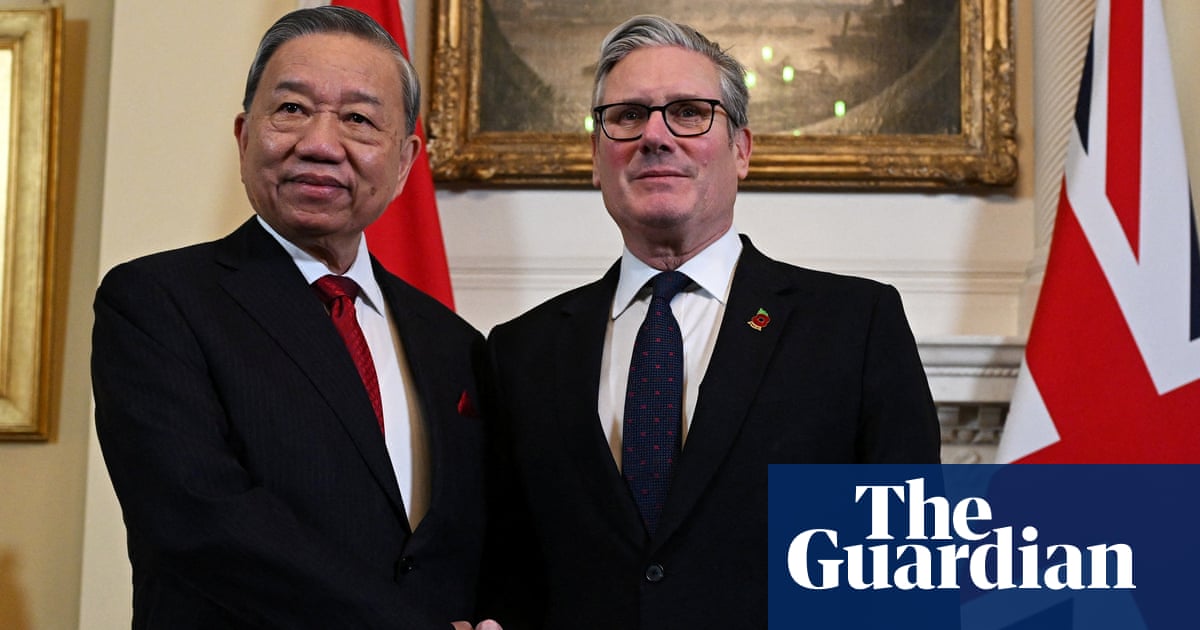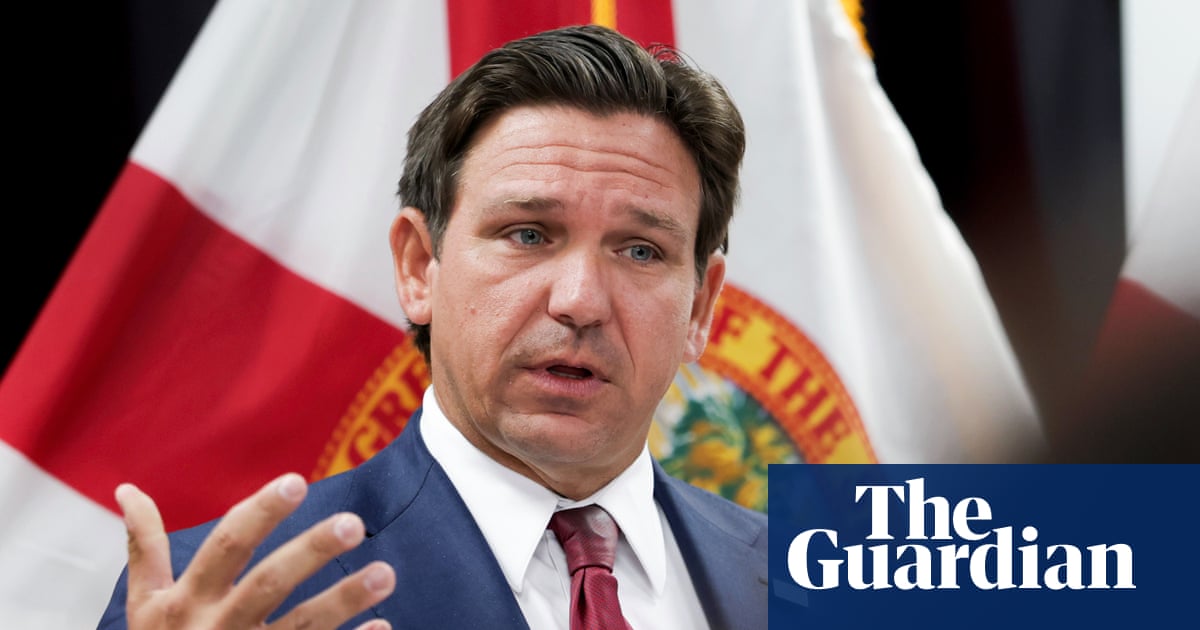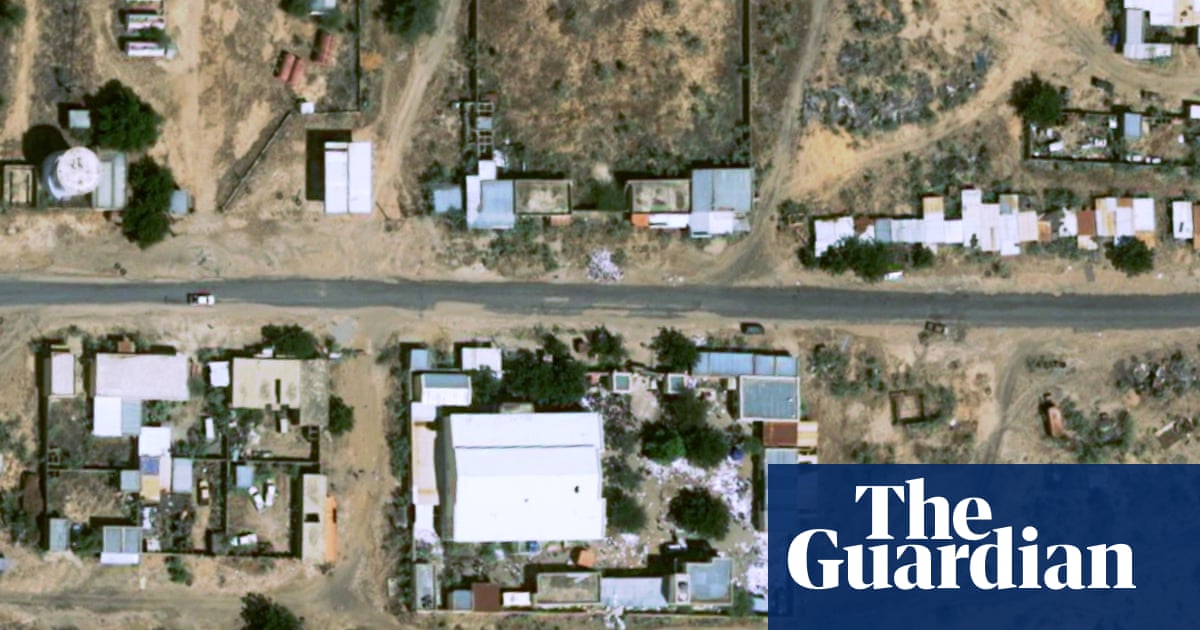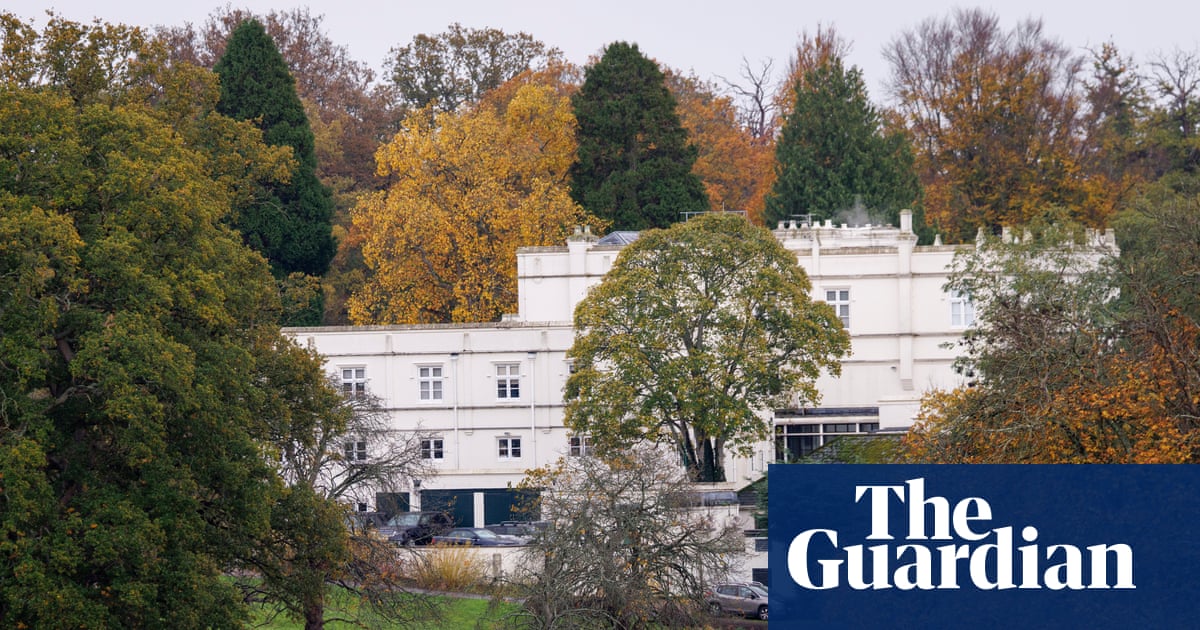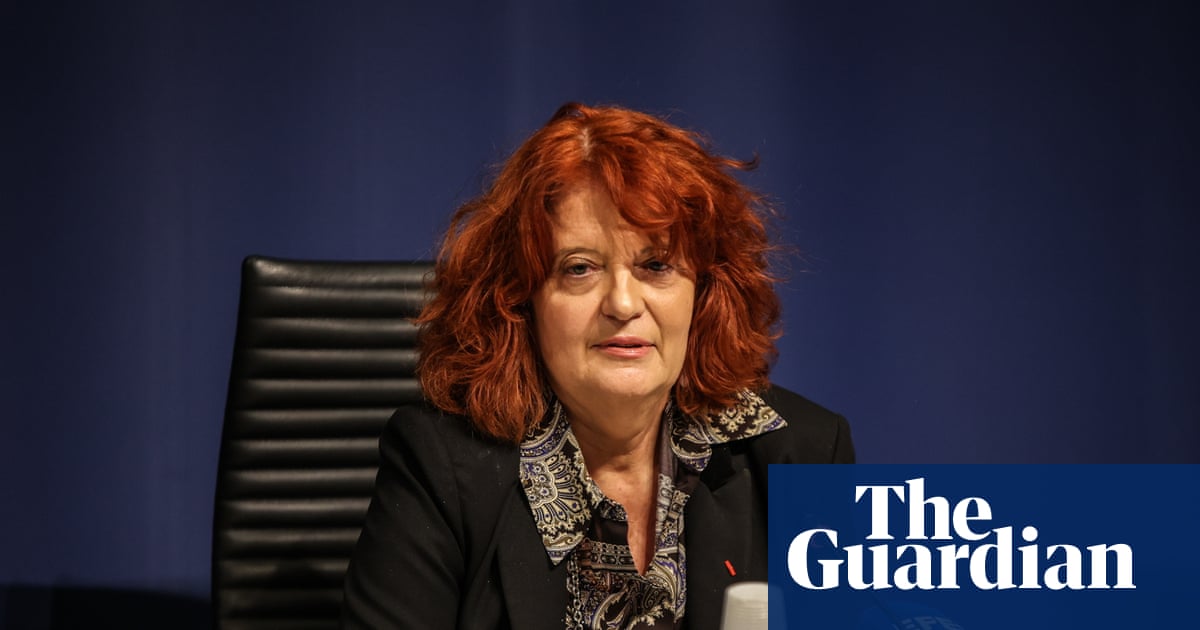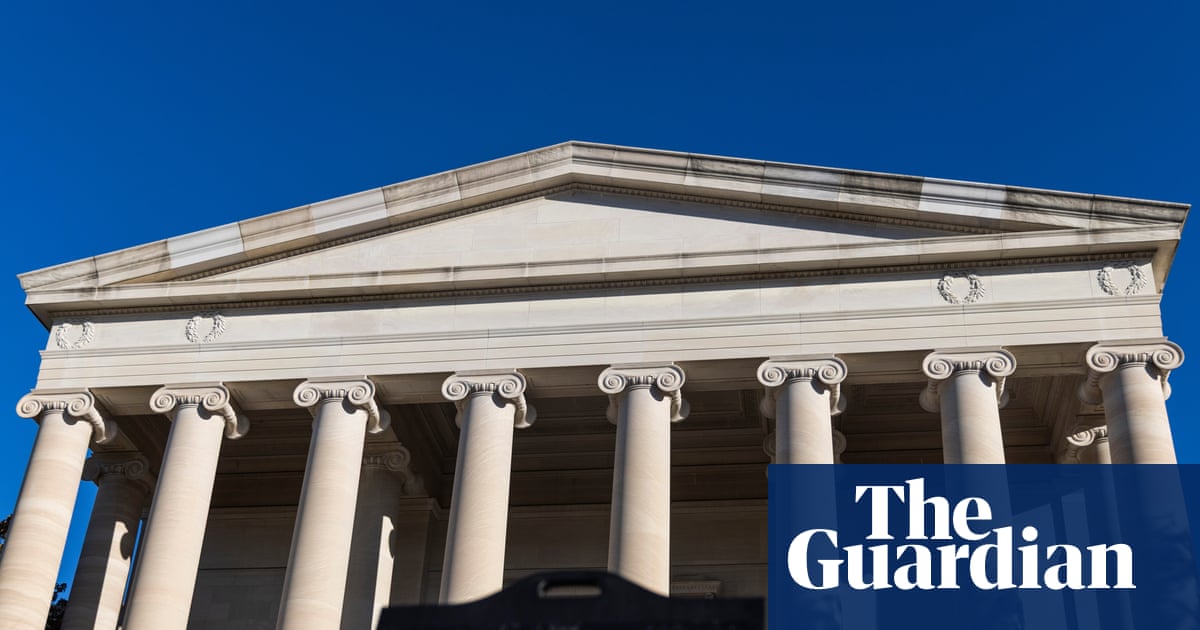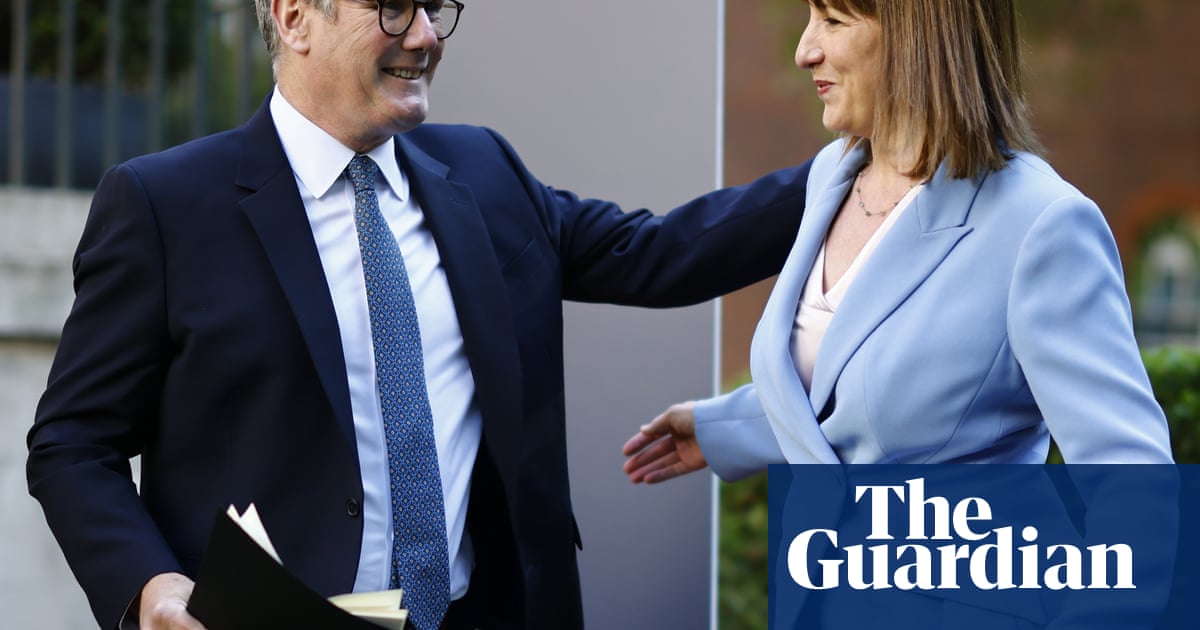Wes Streeting has condemned the decision by resident doctors to “recklessly and needlessly” press ahead with strike action, saying it is “completely unprecedented in the history of British trade unionism”.
In a fiery statement after the British Medical Association (BMA) said there was no offer on the table that could avert the industrial action on Friday, the health secretary said resident doctors had been offered changes to working conditions and career progression but had chosen to continue with industrial action.
Streeting said the decision to strike showed “complete disdain for patients and the wider recovery of the NHS”.
The BMA said the offer to talk on working conditions was not enough when doctors’ main concern was pay, saying that despite the talks they “did not receive an offer that would meet the scale of those challenges”.
“While we were happy to discuss non-pay issues that affect doctors’ finances we have always been upfront that this is at its core a pay dispute,” the BMA added.
Whitehall sources said there was fury at the BMA inside the Department of Health and Social Care and suggested the breakdown in relations was so severe that there could be no further discussions until after the strike action.
Streeting is understood to have made offers on working conditions and financial pressures, including the cost of exams and working to resolve bottlenecks where qualified doctors are left without jobs.
“We would have kept talking until the last moment,” one government source said, but suggested that the doctors’ union had known from the start that further pay rises were out of the question. “They led us to believe that there was a deal to work with.”
As many as 50,000 resident doctors in England, formerly known as junior doctors, are expected to join the industrial action from 7am on 25 July to 7am on 30 July. They are demanding a 29% pay rise that they say would restore salaries that have been eroded over the past decade.
Streeting said talks had been constructive but suggested good will had been squandered by the decision not to pause strike action.
“After constructive discussion with BMA representatives in recent days, the opportunity was there for the BMA to work with us on a range of options that would have made a real difference to resident doctors’ working conditions and created extra roles to deal with the bottlenecks that hold back their career progression,” he said. “Instead, they have recklessly and needlessly opted for strike action.”
The health secretary said the BMA “would have lost nothing by taking up the offer to postpone strike action to negotiate a package that would improve the working lives of resident doctors”.
“By refusing to do so, they will cause unnecessary disruption to patients, put additional pressure on their NHS colleagues and not take the opportunity to improve their own working conditions,” Streeting added.
He said there was no further room for the government to move on pay and that the demands were unacceptable and unaffordable. “All of my attention will be now on averting harm to patients and supporting NHS staff at work,” he said.
“After a 28.9% pay hike in the last three years and the highest pay rise in the public sector two years in a row, strike action is completely unjustified, completely unprecedented in the history of British trade unionism and shows a complete disdain for patients and the wider recovery of the NHS.”
In a statement confirming the strikes would go ahead, the BMA resident doctors committee co-chairs Dr Melissa Ryan and Dr Ross Nieuwoudt said they had been trying to “urgently reach a compromise” but that the offer from the Department of Health had been inadequate.
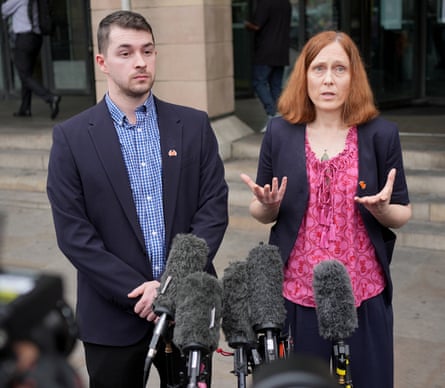
“We have always said that no doctor wants to strike and all it would take to avoid it is a credible path to pay restoration offered by the government. We came to talks in good faith, keen to explore real solutions to the problems facing resident doctors today,” they said. “Unfortunately, we did not receive an offer that would meet the scale of those challenges.”
The committee co-chairs said more than a fifth of their pay had been eroded since 2008 and the “simplest and most direct means … is to raise our pay”. That was clearly off the table in the talks, the BMA said.
“We had hoped that there would be enough new ideas about relieving these burdens that we could make some progress in these talks. Disappointingly, what we saw would not have been significant enough to change the day-to-day financial situation for our members.”
Before the industrial action, a row has also broken out between the NHS leadership and the doctors’ trade union, who had alleged it was putting patient safety at risk by not cancelling planned treatment during a forthcoming strike.
During previous strikes, urgent and emergency services have been staffed by senior hospital doctors, including consultants, and pre-planned work was largely postponed.
But the BMA said hospital leaders had been told to continue with scheduled non-urgent care during the forthcoming dispute, which they said could cause doctors to be overstretched and put patients in danger. NHS Providers, a membership organisation for NHS Trusts, said it was the BMA’s strike action putting patient safety at risk.
The chief executive of NHS Providers, Daniel Elkeles, said the decision to press ahead with industrial action was “a crushing blow for patients and for the NHS” and said trusts have been holding off cancellations while there was the realistic prospect of a breakthrough.
“They will now be doing all they can to ensure there are fewer – and in some cases many fewer – cancellations than last time,” he said. “We urge resident doctors to help trusts minimise the harm by notifying them of their plans for strike days.
“For example, we must ensure that there are enough staff for all the cancer, transplant and maternity care that cannot and must not be delayed. Another huge worry is the cost. It is vital that consultants providing cover take NHS rates of pay rather than insisting on inflated BMA rates that are simply unaffordable.
“All avenues for discussion should be exhausted before turning to strikes. We say to the BMA ‘think again’ and pull back from this hugely damaging decision.”
Responding to the news that the resident doctors strike will go ahead, Rachel Power, the chief executive of the Patients Association, said: “Unacceptable delays and barriers to accessing the care patients need have been the reality for years. This latest strike adds even more uncertainty for people who are waiting in pain, with anxiety, and without answers, and will leave more patients vulnerable and unsupported as their health and wellbeing deteriorates.”

 3 months ago
39
3 months ago
39

